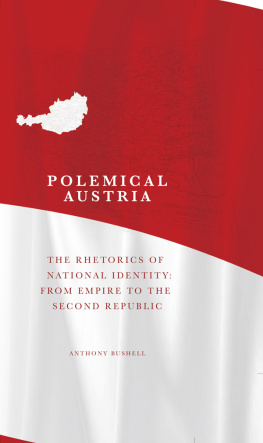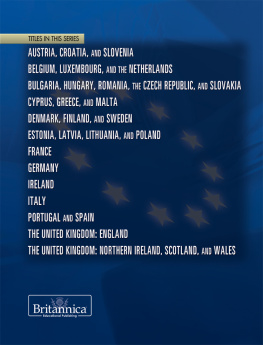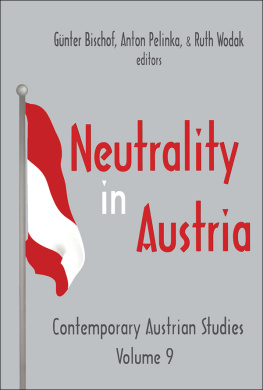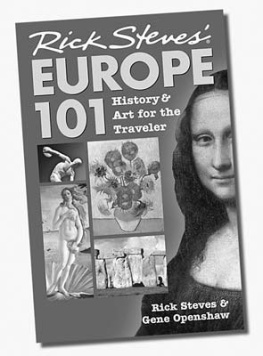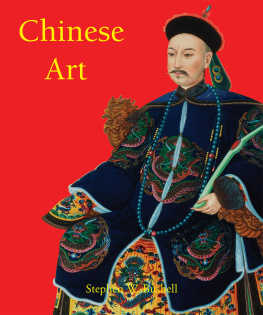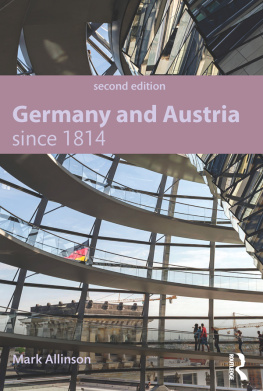Anthony Bushell, 2013
Map supplied by The Probert Encyclopaedia
Cover design by Dalen (Llyfrau) Cyf
All rights reserved. No part of this book may be reproduced in any material form (including photocopying or storing it in any medium by electronic means and whether or not transiently or incidentally to some other use of this publication) without the written permission of the copyright owner except in accordance with the provisions of the Copyright, Designs and Patents Act 1988. Applications for the copyright owners written permission to reproduce any part of this publication should be addressed to the University of Wales Press, 10 Columbus Walk, Brigantine Place, Cardiff CF10 4UP .
www.uwp.co.uk
British Library Cataloguing-in-Publication Data.
A catalogue record for this book is available from the British Library.
ISBN 978-0-7083-2604-6
e- ISBN 978-1-78316-563-6
The right of Anthony Bushell to be identified as author of this work has been asserted in accordance with sections 77, 78 and 79 of the Copyright, Designs and Patents Act 1988.
PREFACE
T his study of the complex nature, development and articulation of Austrian identity began life as a narrowly focused question: how had the decade and a half between the election of Kurt Waldheim to the office of President of the Republic of Austria in the mid-1980s and the entry into coalition government of Jrg Haiders populist right-wing party at the start of the new millennium events provoking international disapproval manifested themselves in the way Austrians talked about their country and represented themselves in public utterances? After all, it did appear initially curious that an immensely prosperous country by world standards should experience such a crisis of identity at the close of the twentieth century or that such a small country standing outside any military alliance could attract worldwide attention for reasons which the country found both disconcerting and unwelcome.
Very soon it became clear to me that the neatness of such a strictly defined time framework would hardly do justice to the issues involved, and that readers looking for some explanation for the upheavals in Austrian self-perception would be ill served by such a limitation. Contemporary Austrian identity is the product of a long and involved process, one over which Austrians themselves have had little influence for much of that time.
To attempt a more adequate explanation required at the very least a return to the beginning of the nineteenth century and to a consideration of the impact of the Napoleonic wars upon the need for nations and states to define and justify themselves. This study therefore became an attempt to follow the emergence of particular rhetorical traditions employed to express the often nebulous concept of Austria, and then to trace in particular how those traditions manifested themselves after 1945 in the life of the Second Republic.
Other countries have also struggled with their identity and their very composition. Germany, Italy and Spain, for example, are much larger entities than modern-day Austria, and the scale of loss of life in the making of those states has also been considerably greater, with the consequence that Austria has been either neglected or else only referred to along with other smaller states when illustrative examples were felt to be illuminating. But it has always struck me that Austria is especially difficult to force into a mega-theory of either nationalism or identity formation and it thus requires a specific discussion, for much that pertains to it stands in opposition to general trends in nation and state creation. It is my hope that this work will give those coming new to the study of Austria some insight into the unique problems facing a structure that went from a large continental empire to a small Alpine republic more or less overnight. How the Second Republic, the Austria emerging out of the Second World War, coped with this legacy forms the dominating theme of the last part of this study.
The arrangement of the book is in part chronological in its ordering, especially in the earlier chapters. When we encounter in later chapters the emergence of the Second Republic after 1945 it sometimes treats the same material and events across several chapters, but approaches them from different angles in order to highlight particular problems facing the emergence of a stable Austrian identity. I have tried to keep in mind, and that of readers, the particular events in history that may have triggered a response. Often the occasion is long since forgotten, and this makes for perplexity for those attempting from a later standpoint to reconstruct the fortunes and vicissitudes of the notion of Austria. The book may be read as a narrative, for it is the story of the emerging struggle for an Austrian identity, but it is also hoped that the individual sections are able to stand alone, should the reader be seeking a particular discussion, and that each chapter may also be taken as a freestanding essay. The books nine chapters are formed into three parts, with each part dwelling on what were felt to be significant elements in the formation and defence of Austrian identity. The first part takes Austria in the twenty-first century as its starting-point and asks the questions: when did the need for a definition of Austria become urgent, and who required such a definition? This section then attempts to place that identity against the broad spectrum of theoretical approaches to national identity, and to explain how difficult it is to place Austria within many of the theoretical models encountered in the academic literature. we encounter the problems faced by the unwanted First Republic and its failure to assert successfully its young identity between the two World Wars. The final chapters of the book not only spend time looking at how the Second Republic in 1945 began to articulate its identity in the shadow of the countrys absorption into the Third Reich in 1938, but also draws attention to the many ways post-1945 Austria was still frequently driven back to the rhetorical strategies of earlier times. Here it devotes attention to what had been the initial question raised by this study, the impact of the Waldheim and Haider phenomena on Austrias self-understanding, since they were events which exposed the fragility of Austrian national identity
The range of material under discussion is intentionally eclectic and draws on work from political theorists, politicians, playwrights and authors, journalists, historians, architects, satirists, cartoonists and diplomats. This study also considers material, some of it decidedly ephemeral, that is often neglected by political and literary historians alike. It draws on nineteenth-century pamphlets, on theatre productions, on twentieth-century election campaign slogans, on draft constitutional bills that were never enacted, on the cinema, on radio addresses, diary entries, street names and the occasional incautious but recorded aside. Austrians encounter expressions of their identity in many forms, ranging from scholarly treatises, ostensibly light-hearted television or radio chat shows, or simply the packaging of chocolates in the countrys national colours. They are also challenged constantly in their assumptions, as they are, for example, when a player for the national football team bears on his shirt an unmistakably Turkish name. This study has tried to reflect the diversity of these many and very different forms of expression.

